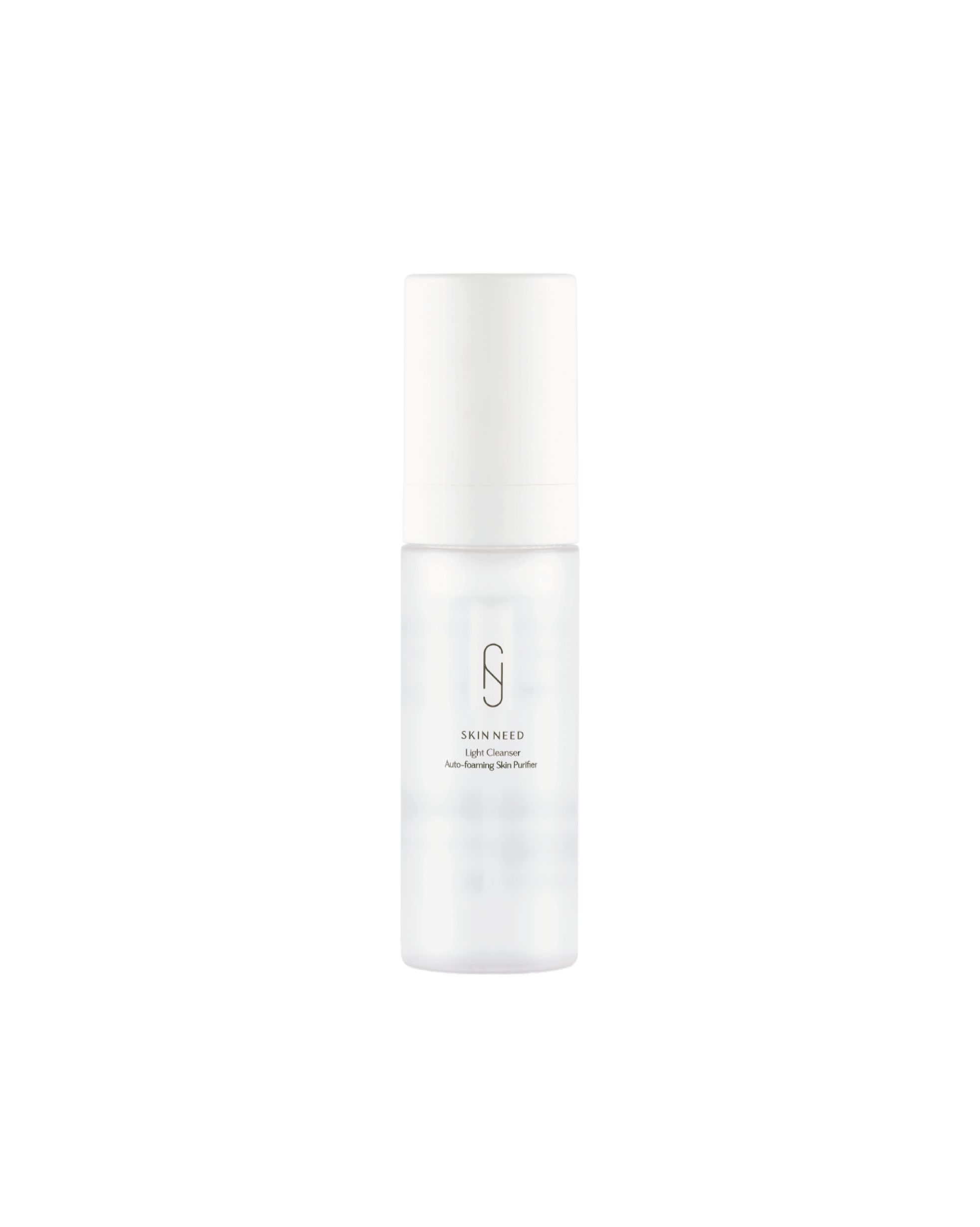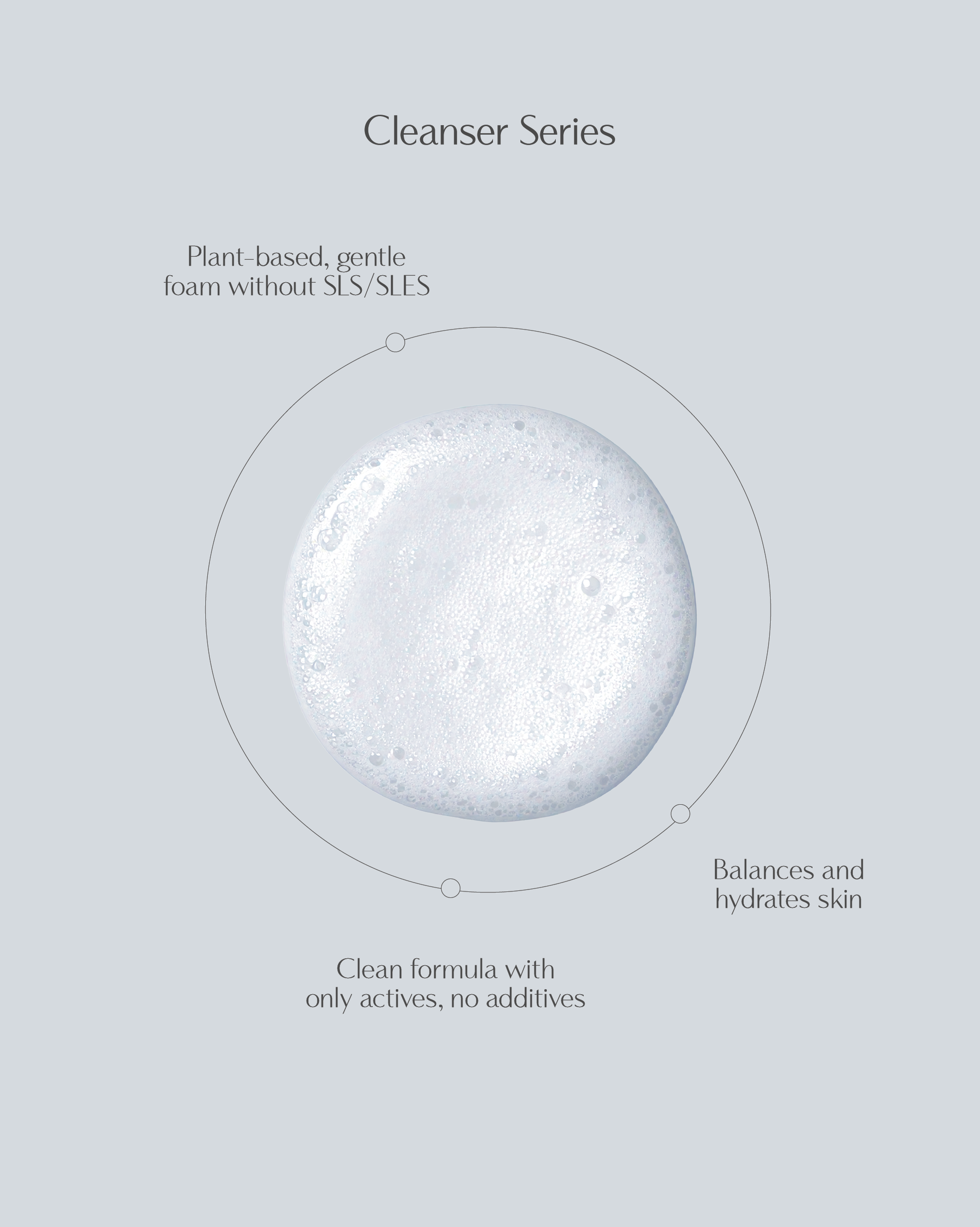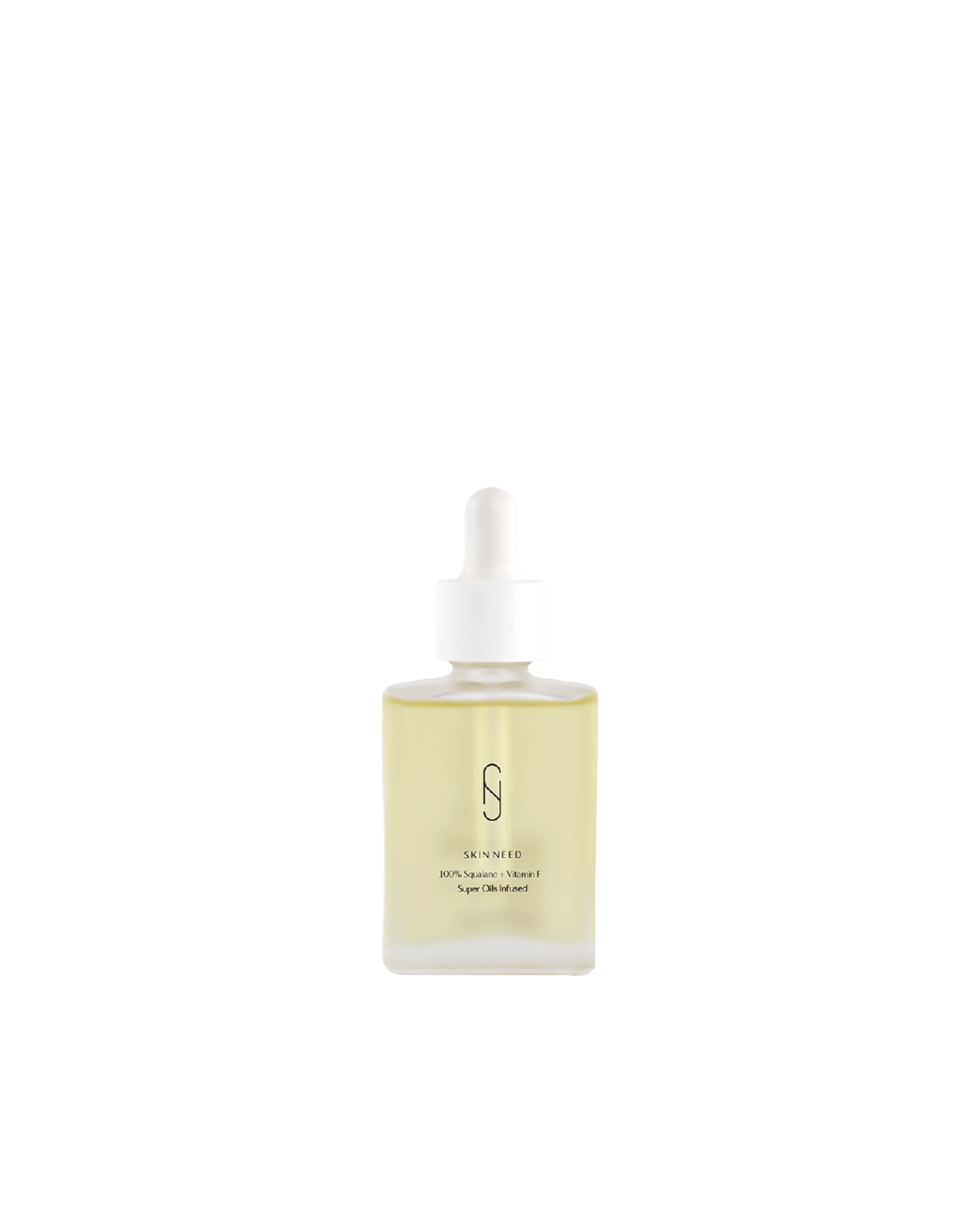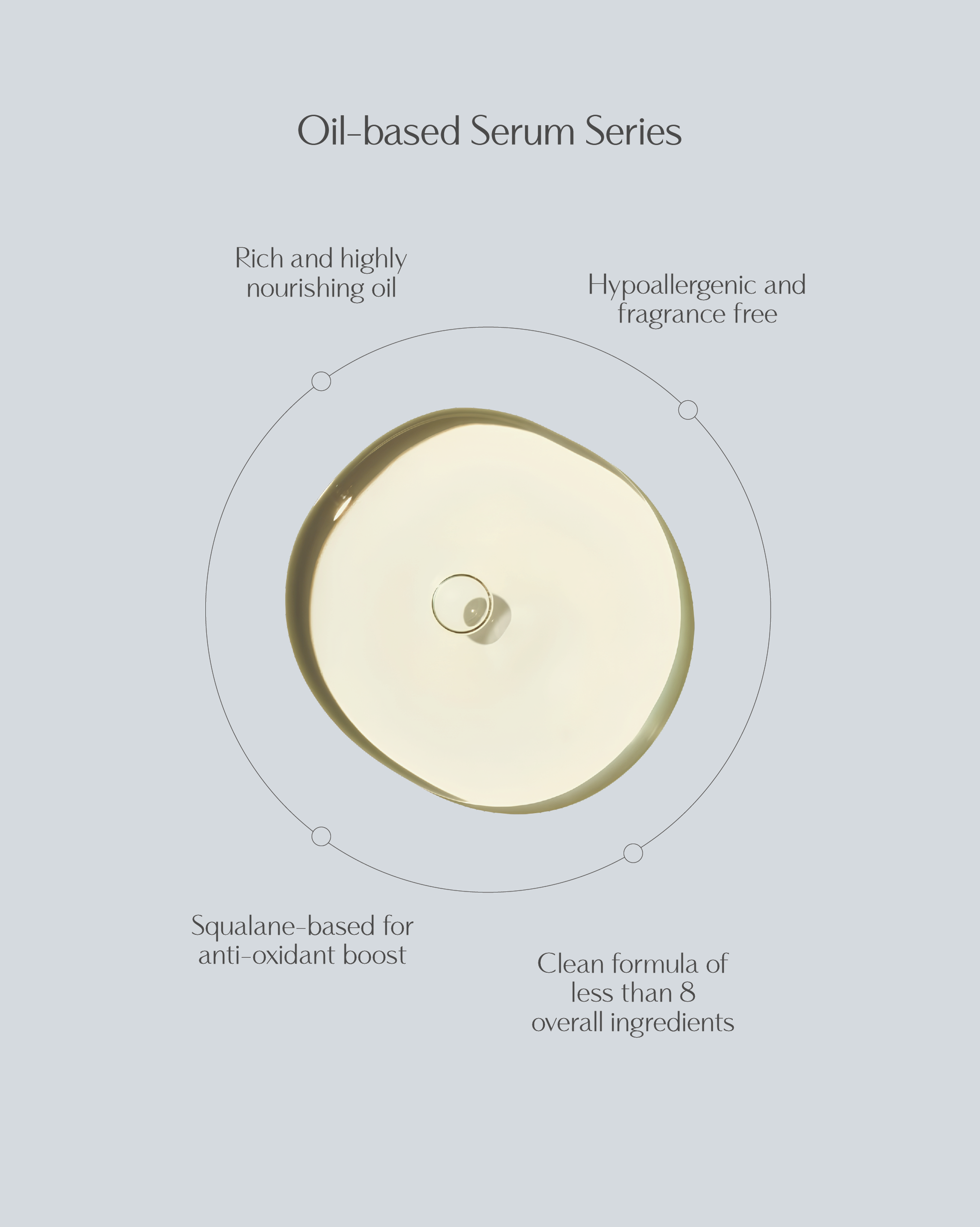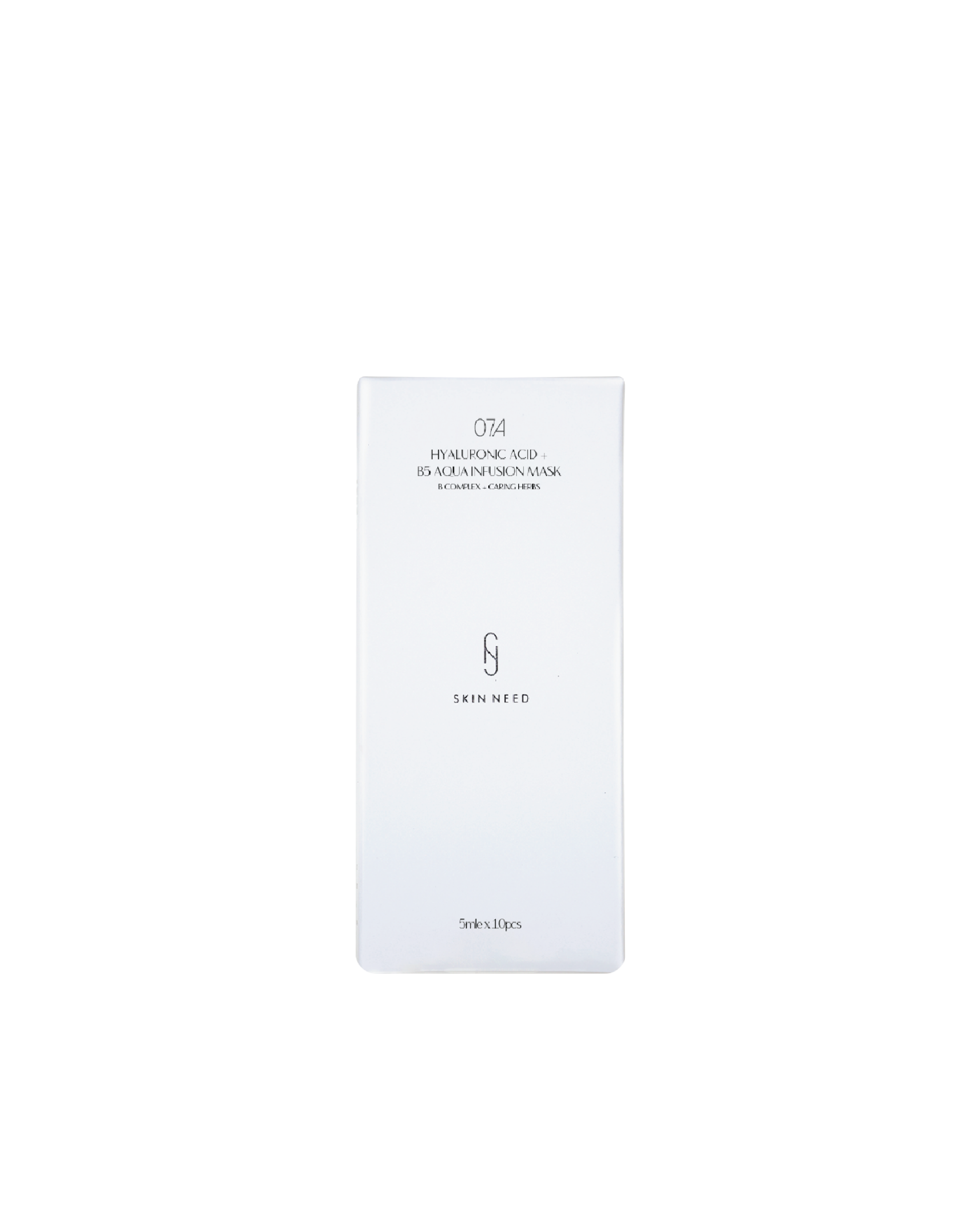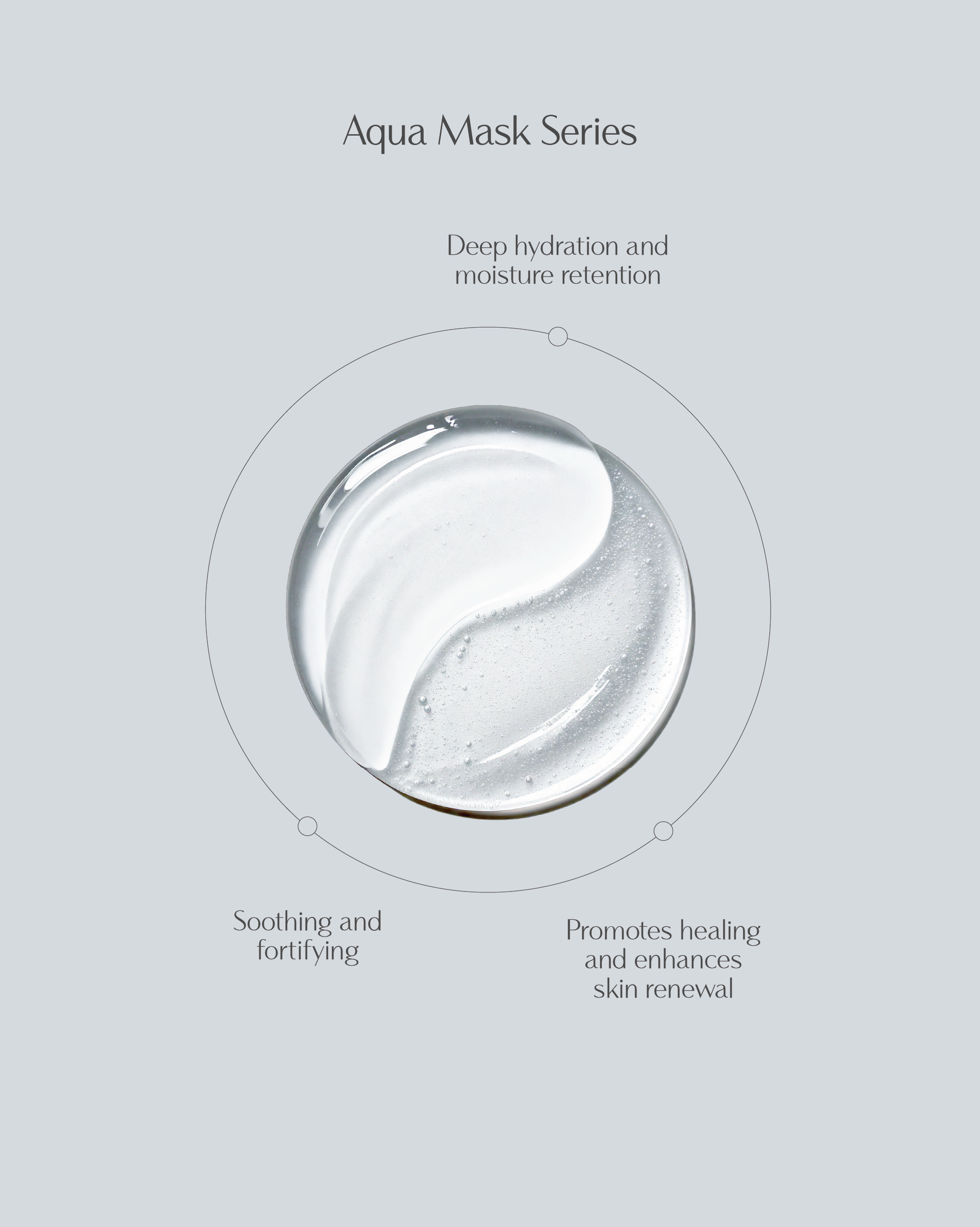
What is Rosehip Seed Oil?
Skin Type: Can be used by all skin types
Skin Concern: Dryness, irritation, hyperpigmentation, loss of elasticity
Overview
Rosehip oil is extracted from the seeds of wildrose and contains a significant amount of phytonutrients including fatty acids, vitamins, trace minerals, antioxidants, anti-inflammatory and anti-microbial agents. With dozens of studies involving hundreds of users, the benefits of Rosehip oil is well investigated to include best extraction methods to preserve the bioactive of this valuable plant. Detailed nutritional and efficacy profile of the Rosehip oil include:
-
1) high in linoleic and linolenic essential fatty acids to fortify epidermal cells;
2) rich in vitamin C as an important antioxidant and intermediate in collagen production;
3) contains high amounts of vitamin A to promote skin renewal; and
4) with a bank of other nutrients such as vitamins, E, B1, B2; minerals including calcium, iron, potassium, magnesium and sodium as well as anthocyanins to offer benefits in wound healing, reducing scarring and inflammation, as well as skin brightening.
Derivatives/Variations
While there are quite a few strains of wildrose to extract Rosehip oil, the most extensively studied is the strain R. canina which contains a significant amount of bioactive compounds proven to deliver skin enhancing. The ways in which Rosehip oil is extracted also affects the bioavailability and purity of nutrients especially vitamin C, E and phenolic compounds, and modern green extraction methodologies seem to be the most promising in yielding Rosehip oil of high activity and purity.
-
Since the delivery of the ingredient into skin is also crucial to its efficacy, encapsulated Rosehip seed oil has shown to provide better skin improving results in comparison to non-encapsulated forms.
Ingredient with Synergistic Effects
a substance extracted from the Babchi plant with promising results in reducing fine lines and hyperpigmentation, especially for skins that do not tolerate retinoids, as bakuchiol does not cause the skin to become easily photosensitized as with the case of retinoid use.
-
with strong support that peptides have the ability to penetrate the skin to activate protein synthesis, the benefits of this ingredient are most notably increasing the production of collagen, elastin, and hyaluronic acid in the skin, working with Rosehip oil to form a more complete anti-aging routine.
-
naturally present in the skin and can also be derived from plants. Functions as glue that fills cellular junctions on skin surface to guard the skin against sensitizing agents. Promotes skin soothing, wound healing and repairing effects in synergy with Rosehip oil especially suitable for those with eczema or atopic dermatitis.
Discover Our Products Containing Rosehip Seed Oil

Sustainability Features of Rosehip Seed Oil in Skin Need formulas
- Biodegradable, non-bio cumulative, and extracted from non-genetically modified and non-endangered species sources; purification processes comply with principles of green manufacturing.
-
- Originated from the Bulgarian wildrose - a source of high quality Rosehip Seed.
-
- Freeze dried and cold pressed to preserve bioactive of this valuable ingredient.

